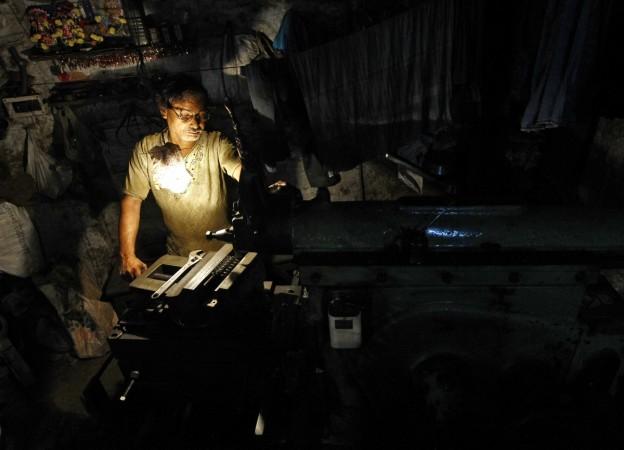The Economic Survey 2014-15 termed the 'Make in India' programme a flagship initiative and impressed upon the importance of striking a balance between 'Make in India' and 'Skilling India'.
What should India Make: Manufacturing or Services?
The survey, in trying to answer the all-important question, ended up suggesting the route needed for expansion and structural transformation of the economy -- optimum utilisation of India's dominant unskilled labour force.

The survey directs the spotlight on the most important dilemma facing India's policymaking -- should one concentrate on the development of skill intensive sectors or on unskilled labour intensive sectors?
The report says Indian growth will need to strike a balance between competitive advantages of low skilled labour with the necessary skill development needed, to be relevant for the future, reads The EconomicTimes.
Even as 'Make in India' gains prominence, India's future depends directly on its ability to fuse 'Make in India' with 'Skilling India'.
The survey categorised manufacturing sector into registered manufacturing (formal sector) and general manufacturing (including informal sector). It said that the registered sector holds "the potential for structural transformation". The formal manufacturing sector also posts considerably high productivity as compared to other areas of the economy.
However, the report noted, India's manufacturing productivity falls behind many other nations. A more worrying factor is that the share of manufacturing even at state-level GDP is facing decline.
The report stressed that registered manufacturing sector cannot bridge regional disparities and has been identified as skill intensive, which contradicts India's comparative advantage in unskilled labour.
The Economic Survey listed out four factors which prevent the sector from becoming the dominant force of the nation's economic growth:-
1) Labour market distortion
2) Capital market distortion
3) Land market distortion
4) India's unskilled labour unqualified for the specialisation called for
However, it was noted that certain subsectors in the services industry – financial and business -- post a higher rate of productivity, compared to registered manufacturing. However, these sectors necessititate highly skilled labour, with the sole exception of construction industry alone, which taps into the majority of the available Indian unskilled workforce.
The current circumstances are not conducive for inclusive and shared growth. However, the Survey noted that the service sector holds a potential for domestic growth convergence across regions.








